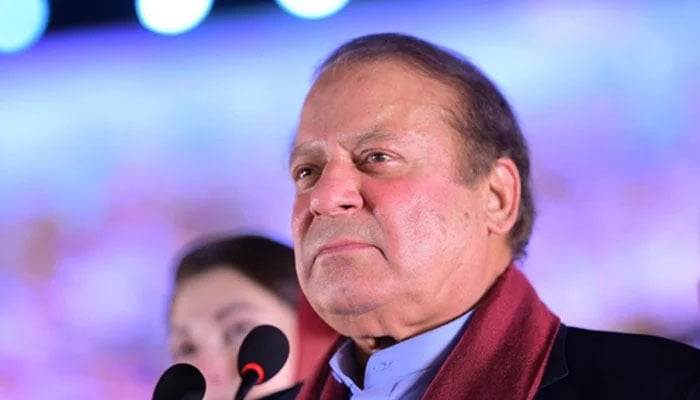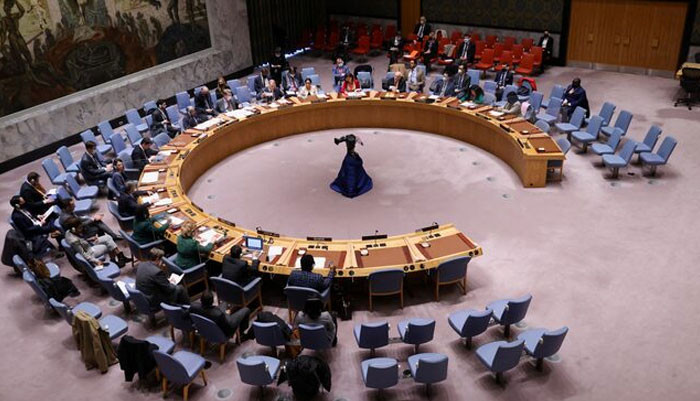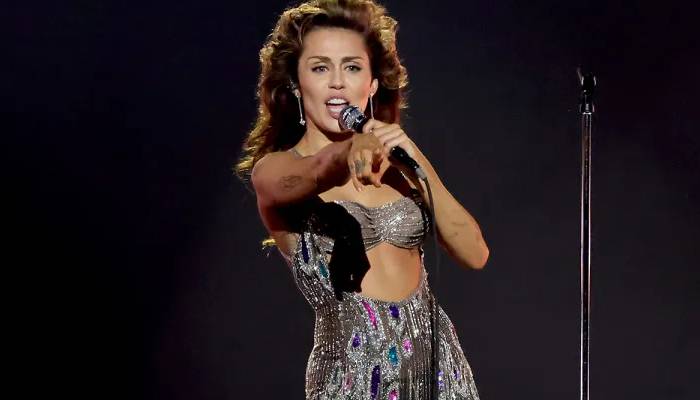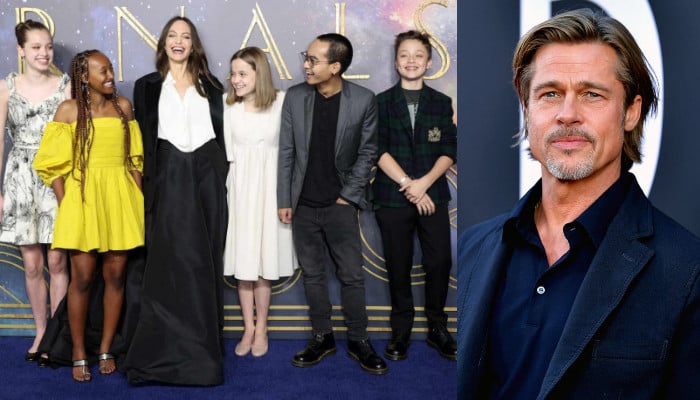Business
SOUNDSCAPE: THE AGE OF HIP-HOP
字号+ Author:Smart News Source:US 2025-01-13 13:57:27 I want to comment(0)
It’s always awkward telling people what I do for a living. I’m a rapper. I also work as a professor of hip-hop. I work at the intersection of art-making and academic research. I write music as part of a greater effort to challenge antiquated ideas about learning, teaching and expertise. But I assume the awkwardness in conversations about work is related to stereotypes of hip-hop culture. Among many, one of those assumptions is that hip-hop is only made for and by young people. It’s no surprise that ageism exists in and about hip-hop culture; in the US, ageism is everywhere. But I would argue that ageism in hip-hop is especially strong because the first generation of rappers is only now reaching their golden years. In August 2024, music producer 9th Wonder proposed a new “Adult Contemporary” category for rap music. A month prior, 52-year-old Common and 54-year-old producer Pete Rock had released The Auditorium, Vol. 1. As the stars of hip-hop’s golden age approach their golden years, some confront questions about whether old blood can make new music In response to 9th Wonder, legendary hip-hop artist Q-Tip warned on the social platform X that hip-hop fans might be turned off by a category with “adult” in the name. He suggested Traditional Hip-Hop instead, arguing that the music should all appear in “one pot,” lest it turn off younger listeners. Whether it’s called Adult Contemporary or Traditional Hip-Hop, several hip-hop legends have recently released new music that could fit into this category. In July 2024, the legendary lyricist Rakim, who’s 56 years old, released G.O.D.’S NETWORK (REB7RTH), his first album in 15 years. Two months later, 54-year-old MC Lyte released 1 of 1, her ninth studio album, and 56-year-old LL Cool J released The Force, his 14th studio album and his first in 11 years. Since hip-hop emerged as a cultural force more than 50 years ago, people still seem to pigeonhole rap as music made by and for young people. And it’s true that, in hip-hop’s early days, teenagers were at the forefront of the fledgling movement. A 1973 back-to-school party organised by a 15-year-old girl from the Bronx named Cindy Campbell is often credited with birthing hip-hop. Grand Wizzard Theodore was just 12 years old when he invented record scratching in 1977. The hip-hop careers of artists such as Roxanne Shanté, Run-DMC and Ice Cube all began when they were teens. Being closely intertwined with the perception of youth culture isn’t necessarily a good thing. It can compel critics to treat the music and its practitioners less seriously. Rappers, no matter their age, can be dismissed or treated as childish or immature. Call it growing pains: unlike, say, classical or country, 50 years is a blip in the history of music. And for much of that time, critics regarded hip-hop as a passing fad. Then it was seen as an emergent subculture. It’s only been a category at the Grammys since 1989, and only recently has it been recognised as a commercial and cultural force with a global reach. Nowadays, equating hip-hop with youth culture confines it to an arena it has long outgrown. Nonetheless, as rappers age, some can seem uncomfortable about participating in a form that can be so easily dismissed. In 2015, filmmaker Paul Iannacchino Jr released a documentary, Adult Rappers, about working-class rap artists. All the people interviewed for the film rap professionally but aren’t famous. They are mostly men. Most of them admit that they sidestep questions about what they do for a living. One unshakable takeaway is the embarrassment about their age. Even famous rappers aren’t immune to this feeling. Before his move to instrumental flute music, André 3,000, one of the greatest rappers of all time, lamented becoming the old rapper still making music beyond his prime. “I remember, at like 25, saying, ‘I don’t want to be a 40-year-old rapper,’” he told The New York Times in 2014. “I’m 39 now, and I’m still standing by that. I’m such a fan that I don’t want to infiltrate it with old blood.” André 3,000 has been a gifted lyricist for decades, and remains so. If he feels this way, I can imagine that many other artists might feel that, at a certain age, they don’t belong to the culture anymore. Or the culture no longer belongs to them. Despite the fact that audiences have aged alongside the artists, it can still feel like there’s pressure to stay tapped into youth culture, lest they create music that, to quote André 3,000 more recently, lacks “fresh ingredients.” This might encourage some ageing artists to attempt to maintain a youthful sheen that will resonate with young audiences. Think of it as a pop culture version of Oscar Wilde’s novel The Picture of Dorian Gray. In the novel, a man sells his soul for youth. Rather than physically ageing, a painting of him ages instead, taking on the physical signs of his transgressions and pleasures. It’s still easy to think of hip-hop as confined to a frame that bears all the marks of youthful longings, rebellion and sins: juvenile vitality, sprightly beauty and vigorous hedonism. The expectations lead audiences to assume all artists have similar youthful aims and concerns. They can also lead artists to perform like they’re young and write about the concerns they had as youngsters, despite their respective ages. The hip-hop artists who can’t or choose not to pretend to be “forever young” are expected to “evolve” into moguls, actors, podcasters or reality TV personalities. Of course, those assumptions only end up limiting what artists of all ages can accomplish. Rappers at whatever level of celebrity you observe, famous and not famous, continue to create while embracing the inevitability of age. Nas, whose debut album, Illmatic, was released in 1994, has had an outstanding run of albums in the 2020s. Jay-Z’s 4:44 showcased the rapper’s changing sensibilities that have seemingly evolved as he has aged. North Carolina duo Little Brother’s entire catalogue displays awareness of the absurdity of avoiding adulthood — outstandingly so, I might add, on their 2019 album, May the Lord Watch. Even emerging rappers like Conway the Machine and 7xvethegenius seem to be able to balance burgeoning careers without caving to youth-obsessed pretences. Creating new, cleverly named musical categories to sidestep biases against ageing probably won’t solve the issue. In hip-hop, as in so many American industries, ageism isn’t going away. For that reason, my embrace of being an adult rapper will probably continue to make for awkward introductions. But I’d rather have that conversation than pretend I’m something I’m not.
1.This site adheres to industry standards, and any reposted articles will clearly indicate the author and source;
 Related Articles
Related Articles-
From The Past Pages Of Dawn: 1949: Seventy-five years ago: Rupee buying
2025-01-13 13:34
-
WhatsApp نے ویڈیو کالز میں چار نئی خصوصیات شامل کر دی ہیں
2025-01-13 13:26
-
WhatsApp کا نیا جشن منانے والا فیچر کیا ہے؟
2025-01-13 12:52
-
ایپل نے آئی فون میں چیٹ جی پی ٹی شامل کر کے مصنوعی ذہانت کی صلاحیتوں میں اضافہ کیا ہے۔
2025-01-13 11:50
 User Reviews
User Reviews Recommended Reads
Recommended Reads Hot Information
Hot Information- PM requested to form committee to address ex-Fata grievances: Kundi
- WhatsApp ویڈیوز کے لیے پلے بیک رفتار جاری کر رہا ہے۔
- WhatsApp کی نئی دلچسپ خصوصیت صارفین کو پیغامات کا ترجمہ کرنے کی اجازت دے گی۔
- ایک نئی تحقیق سے ظاہر ہوا ہے کہ ٹیلی گرام انتہا پسندی کو فروغ دیتا ہے۔
- Meeting of apex body called with terrorism on agenda
- اوپن اے آئی نے عوامی فائدے کے کارپوریشن کے قیام اور سرمایہ کاری حاصل کرنے کے لیے دوبارہ تشکیل نو کے منصوبے کا اعلان کیا ہے۔
- ناسا نے ریکارڈ توڑ سورج کے قریب پہنچنے کے بعد خلائی جہاز کو محفوظ قرار دے دیا۔
- کیریکٹر۔اے آئی نے نوعمر خودکشی کے مقدمات کے درمیان حفاظتی اقدامات متعارف کرائے
- GARDENING: FISHY BUSINESS
 Abont US
Abont US
Follow our WhatasApp account to stay updated with the latest exciting content












